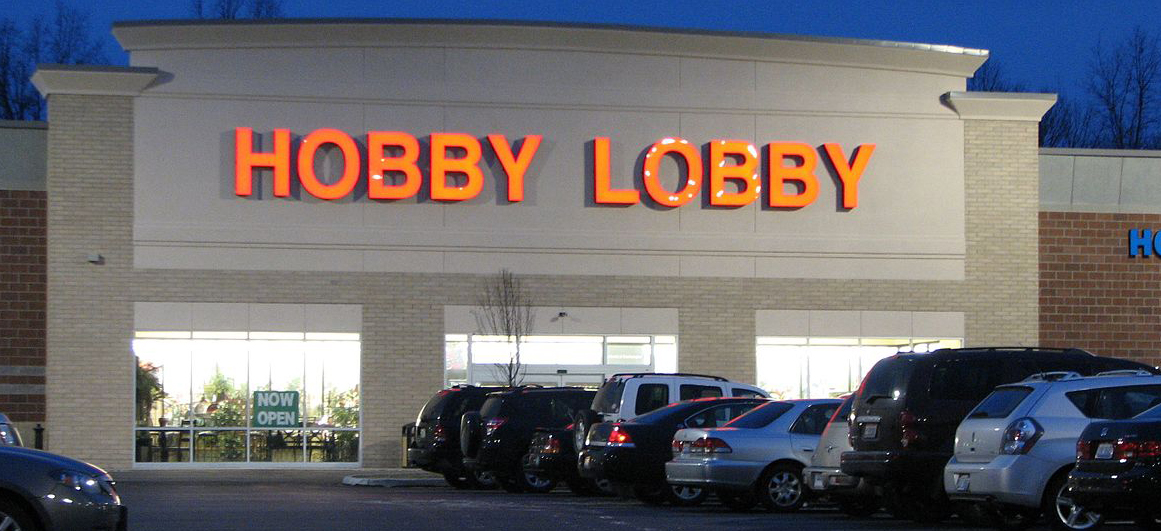
Religious freedom is a fundamental right in our society. But while everyone has the right to his or her religious beliefs, those beliefs cannot be imposed on others.
Unfortunately, for the first time, in Burwell v. Hobby Lobby Stores, Inc., the U.S. Supreme Court has decided that business owners can use their personal religious beliefs to deny their employees a benefit that is guaranteed to them by law. The potential implications of this decision are far-reaching and alarming.
Immediately at issue in these cases was part of the Affordable Care Act that requires health plans to cover contraception without a co-pay. Suit was brought by two closely held corporations, the arts-and-craft chain Hobby Lobby and Conestoga Wood Specialties, which argued that requiring them to include certain types of contraception in employee health plans violated their religious beliefs. In an unprecedented decision, the Court ruled that under federal law such corporations need not comply with the contraceptive rule if they object on religious grounds.
Put another way, the Court empowered employers to impose their religious judgments on the women who work for them by deciding which method of birth control is religiously acceptable and, thus, insurable.
The law in question was designed to ensure women’s equality by eliminating the disparities in health care costs between men and women. It aimed to ensure women have the ability to make decisions about whether and when to become parents – which in turn allows them to participate equally in society. At stake was a benefit only women need. In effect, the Court has sanctioned discrimination against women.
Moreover, the Court’s decision set a precedent for allowing religion to be used as a vehicle for other forms of discrimination.
Hobby Lobby’s potential impact goes far beyond birth control. Courts long have refused to allow employers to use religion as a justification for refusing to comply with general laws, such as equal pay. After Hobby Lobby, that could change. The decision may open the door to claims to discriminate in various areas. As Justice Ruth Bader Ginsburg succinctly put it, “[t]he court, I fear, has ventured into a minefield.”
Thankfully, the rights of Washingtonians remain protected by state law. We are one of 28 states that require contraceptive coverage if an employer’s health plan covers other prescription drugs (though these laws do not apply to self-insured corporations). The Hobby Lobby decision does not affect these protections, as it was decided under a federal law (the Religious Freedom Restoration Act) which does not apply to states. Nor does it affect our state’s strong anti-discrimination laws. The Hobby Lobby decision does not mean that a business has the right to turn away customers or fire employees based on religious beliefs that conflict with state laws.
However, where the ruling may take us in the future is another matter. Some businesses now may feel entitled to assert religious objections to all sorts of laws. Will owners whose religions forbid blood transfusions, in vitro fertilization, or mental health care assert a right to refuse to cover these for their employees? And as we have already seen, religious leaders citing Hobby Lobby quickly began lobbying for exemptions to an executive order which would ban federal contractors from discriminating on the basis of sexual orientation or gender identity.
Religious freedom does not include the right to discriminate in the commercial marketplace. A free and pluralistic society requires everyone, including corporations with religiously observant owners, to comply with laws intended to advance public health and the general public interest.




